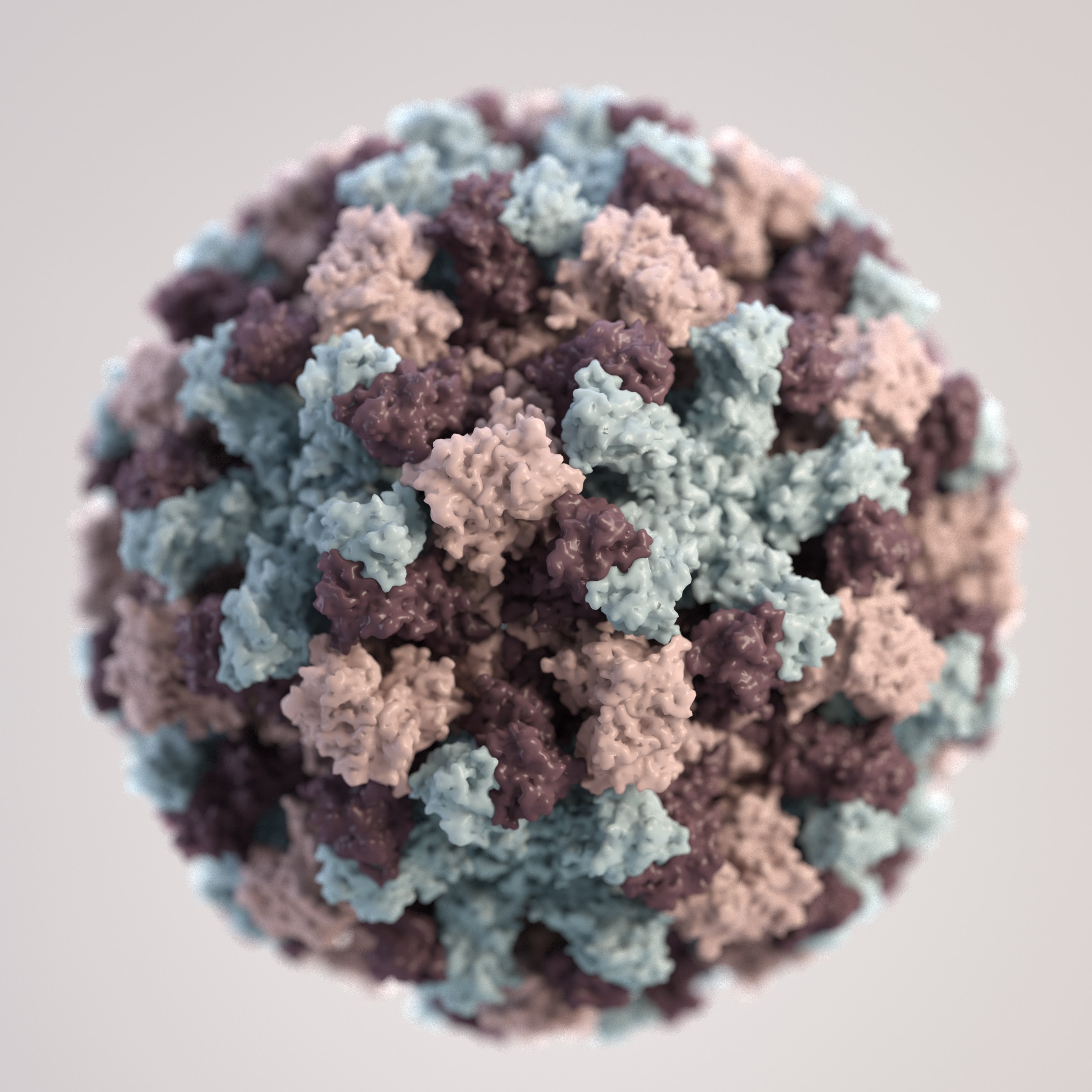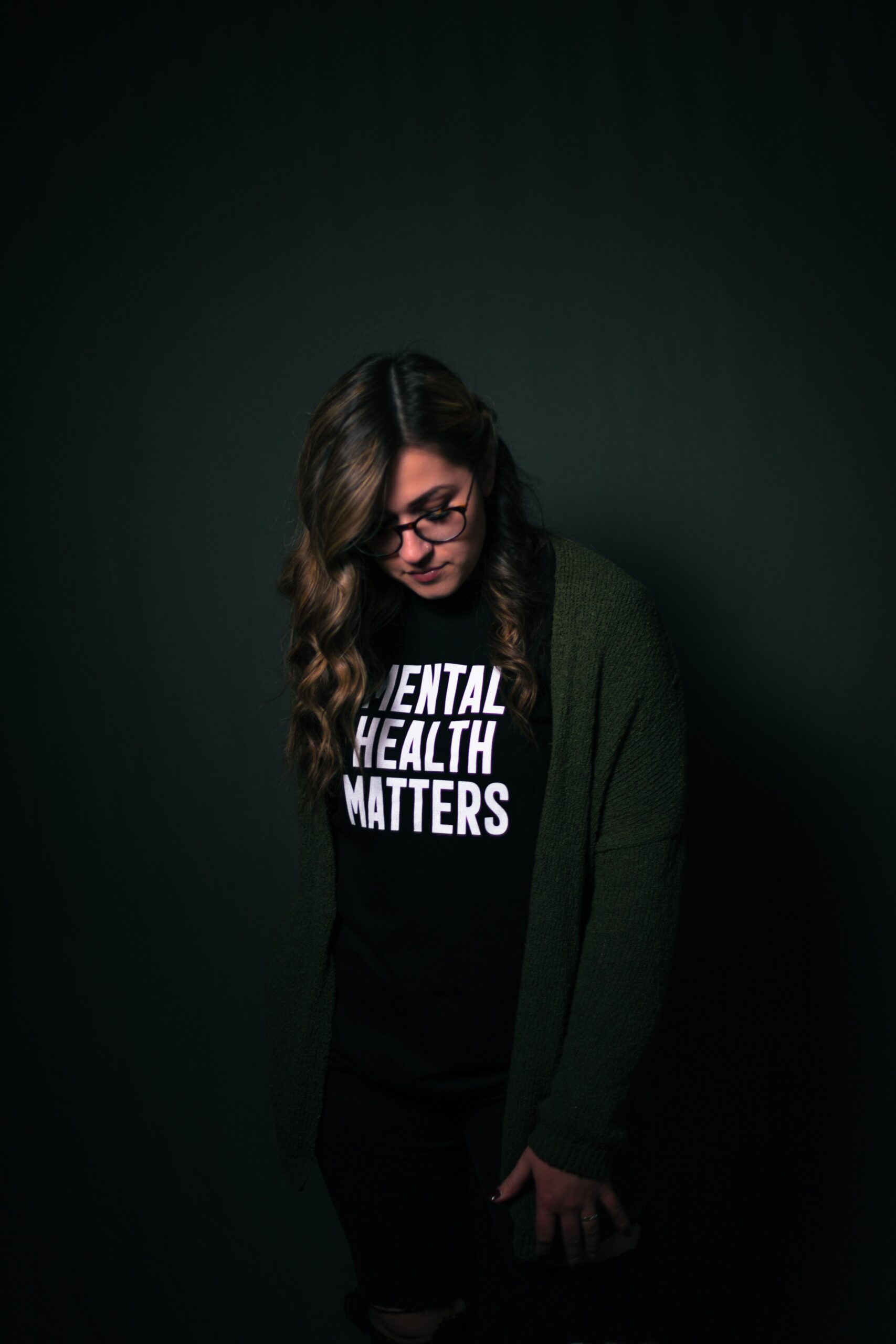
- Bipolar disorder, a mental health condition once shrouded in misunderstanding and stigma, affects millions worldwide. Understanding the realities of living with bipolar disorder is crucial in dispelling misconceptions and providing support. Let’s dive into this complex yet manageable condition, shedding light on its facets while embracing empathy and knowledge.
What is Bipolar Disorder?
Bipolar disorder is a mental health condition distinguished by drastic fluctuations in mood, vitality, and levels of engagement in activities.. It involves distinct periods of mania, marked by elevated mood and heightened energy, alternating with periods of depression, where individuals experience low mood and energy.
Types of Bipolar Disorder
- Bipolar I Disorder: Defined by manic episodes lasting at least seven days or severe enough to warrant immediate medical attention.
- Bipolar II Disorder: Involves depressive episodes and hypomanic episodes that are less severe than full-blown mania.
Signs and Symptoms
Recognizing signs is pivotal for early intervention. Symptoms may vary, but common indicators include drastic mood swings, erratic sleep patterns, impulsive behavior, and altered energy levels.
Understanding the Bipolar Spectrum
Bipolar disorder exists on a spectrum, showcasing diverse manifestations and severity levels. It’s not a one-size-fits-all condition; hence, individual experiences vary.
Causes and Triggers
While the precise cause remains unclear, genetic predispositions, environmental factors, and brain chemistry alterations play roles. Triggers like stress or significant life changes can precipitate episodes.
Diagnosis and Treatment Options
Diagnosis involves detailed assessments by mental health professionals. Treatment includes a blend of medication, therapy, and lifestyle modifications tailored to manage symptoms effectively.
Medication and Therapies
Medications aim to stabilize mood swings, while therapies like Cognitive Behavioral Therapy (CBT) aid in managing symptoms and fostering coping strategies.
Lifestyle Adjustments and Coping Mechanisms
Developing routines, prioritizing sleep, maintaining a balanced diet, regular exercise, and stress reduction techniques are integral in managing bipolar disorder.
Impact on Daily Life
Bipolar disorder can significantly impact daily functioning, affecting work, relationships, and overall quality of life. However, with proper management, individuals lead fulfilling lives.
Managing Relationships
Effective communication, empathy, and understanding are crucial in supporting loved ones living with bipolar disorder. Educating oneself about the condition is equally vital.
Breaking Stigma: Education and Awareness
Promoting awareness and understanding in communities helps break the stigma surrounding mental health. Open discussions foster empathy and support networks.
Embracing Support and Community
Joining support groups and engaging with communities that embrace and understand bipolar disorder can provide a sense of belonging and empowerment.
Conclusion
Understanding bipolar disorder is key to fostering empathy and support. By debunking myths and promoting awareness, we can create inclusive environments that support individuals living with this condition.
FAQs
- What are the common signs of Bipolar Disorder? Common signs include extreme mood swings, changes in sleep patterns, impulsivity, and altered energy levels.
- How can one support a loved one with Bipolar Disorder? Supporting a loved one involves active listening, educating oneself about the condition, fostering open communication, and encouraging professional help.
- Can Bipolar Disorder be cured completely? While there’s no cure, effective management through medication, therapy, and lifestyle adjustments can significantly reduce symptoms.
- Are there specific triggers for Bipolar Disorder episodes? Triggers vary from person to person but may include stress, major life changes, substance abuse, or disrupted sleep patterns.
- Can children develop Bipolar Disorder? Yes, although less common, children can develop bipolar disorder, usually in their teenage years.
Engaging with these insights fosters a deeper understanding of bipolar disorder, paving the way for empathy, support, and the breakdown of stigma. Let’s continue to learn, support, and embrace inclusivity in mental health awareness.












